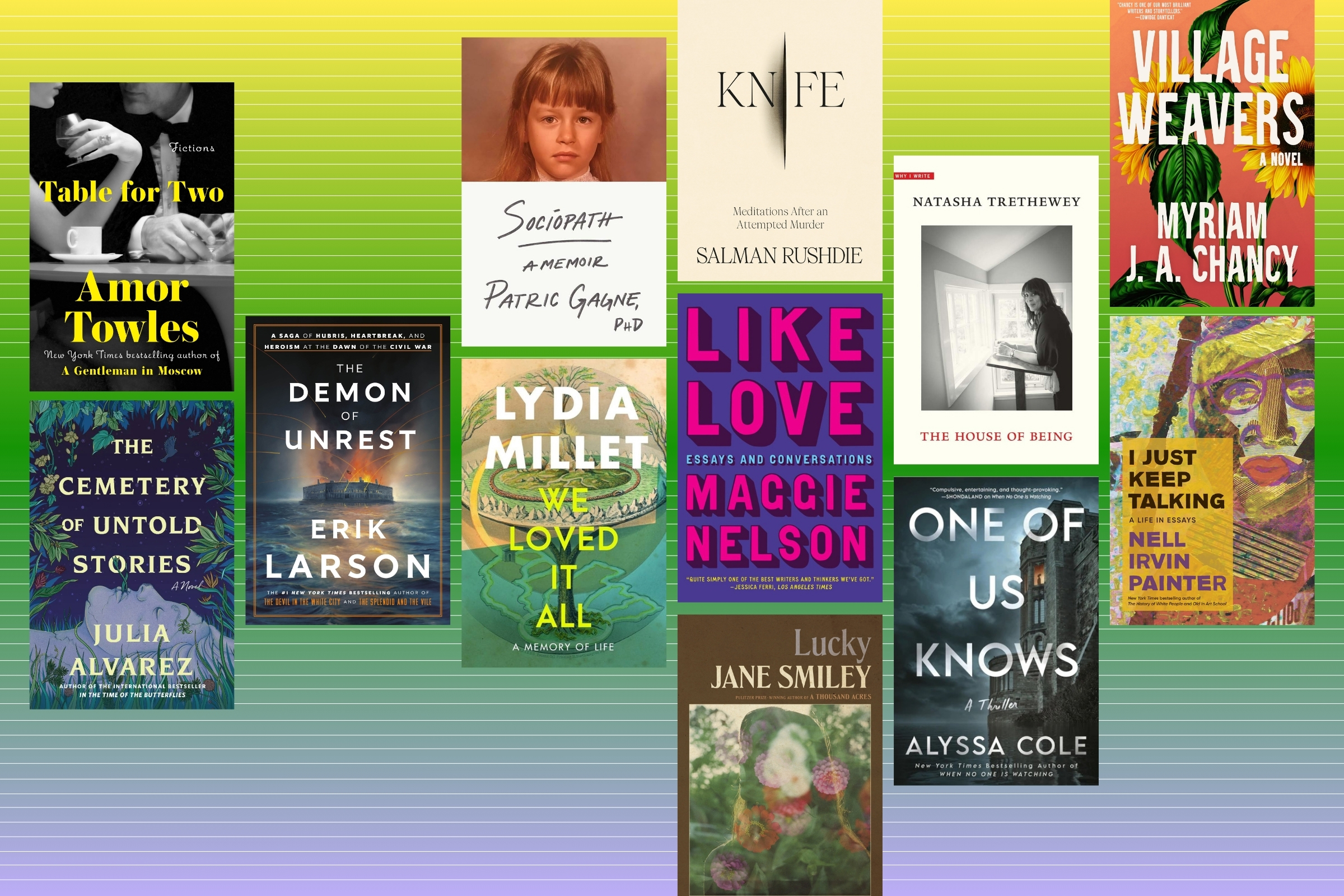
These are independent reviews of the products mentioned, but TIME receives a commission when purchases are made through affiliate links at no additional cost to the purchaser.
The best books coming in April include historian Erik Larson’s latest nonfiction thriller, former U.S. Poet Laureate Natasha Trethewey’s meditation on writing, and Salman Rushdie’s agonizing account of the brutal knife attack he suffered two years ago. Other notable releases include a pair of career-spanning anthologies that celebrate the works of cultural critic Maggie Nelson and historian Nell Irvin Painter, as well as Amor Towles’ first collection of short stories. Alyssa Cole’s new mystery features a protagonist struggling with dissociative identity disorder, while former therapist Patric Gagne hopes to recontextualize the term “sociopath” with her debut memoir of the same name.
Here, the 12 best books to read this month.
The Cemetery of Untold Stories, Julia Alvarez (April 2)
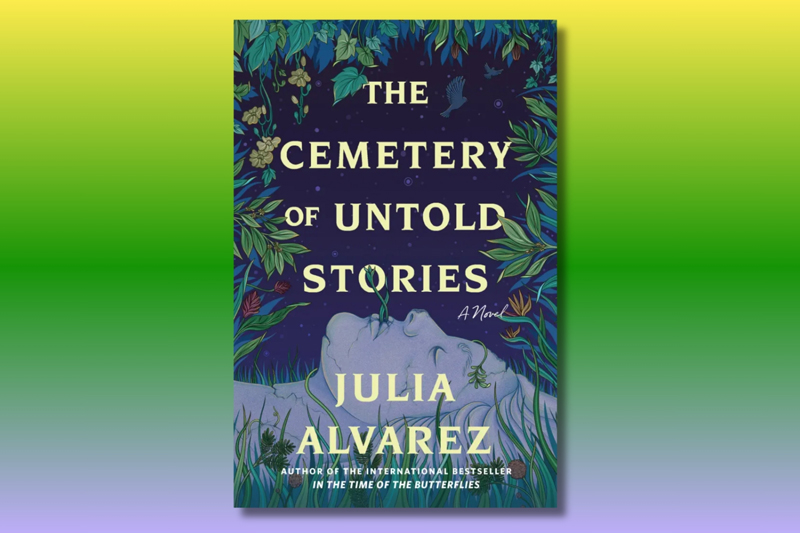
In Julia Alvarez’s seventh adult novel, The Cemetery of Untold Stories, acclaimed writer Alma Cruz inherits a piece of her homeland, the Dominican Republic. After the death of her close friend and fellow author, Alma decides to retire and turn her plot of land into a graveyard for the unpublished tales she’d like to finally put to rest. But just because Alma is ready to abandon her characters, some of whom are based on real historical figures, it doesn’t mean they are ready to go peacefully. Mystical and moving, The Cemetery of Untold Stories shows why some stories must be told no matter how hard you try to bury them.
Buy Now: The Cemetery of Untold Stories on Bookshop | Amazon
Village Weavers, Myriam J. A. Chancy (April 2)
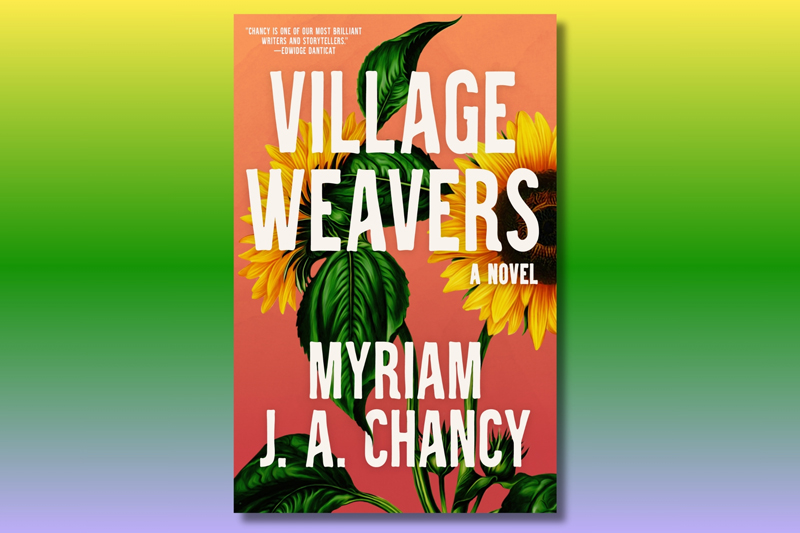
For fans of Elena Ferrante: Myriam J. A. Chancy’s Village Weavers is a wistful look at a complicated female friendship that spans decades and continents. Growing up in1940s Port-au-Prince, Haiti, Gertie and Sisi are the best of friends until a devastating secret that bonds their families tears them apart. The book follows the two women as they fall in and out of one another’s lives amid a violent dictatorship, and struggle with infertility and terminal illness. When Sisi gets an unexpected call from Gertie in 2002, decades after they last spoke, she must decide whether she is ready to forgive—or forget—all that they have shared.
Buy Now: Village Weavers on Bookshop | Amazon
Sociopath, Patric Gagne (April 2)
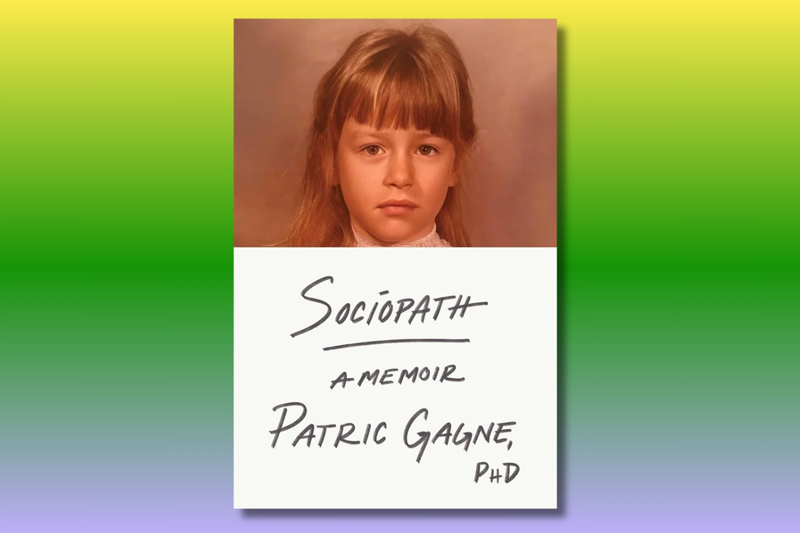
Writer and former therapist Patric Gagne first discovered she was a sociopath in college. But, in her provocative debut memoir, Sociopath, she admits that there were signs long before she was diagnosed. With incredible candor, she details the violent outbursts she exhibited as a child that would lead to near run-ins with the law in her teens and 20s. “Most of the time I felt nothing,” she writes, “so I did bad things to make the nothingness go away.” Despite her lifelong lack of empathy, shame, and guilt, she has become a loving wife and mother, something she knows doesn’t fit with pop culture’s portrayal of sociopaths as murderers, villains, and monsters. In her memoir, Gagne looks to destigmatize the often misunderstood mental disorder, now more commonly known as antisocial personality disorder, while offering compassion to those, like her, who are trying to change what it means to be a sociopath.
Buy Now: Sociopath on Bookshop | Amazon
We Loved It All, Lydia Millet (April 2)
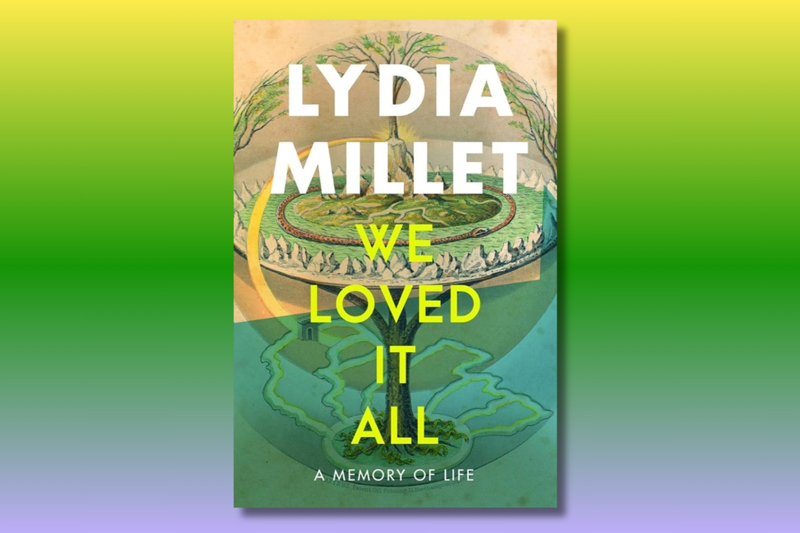
Lydia Millet’s first foray into nonfiction, We Loved It All: A Memory of Life, questions what humans lose when they ignore their connection to the animal kingdom. With great passion and indignation, the acclaimed novelist behind 2022’s Dinosaurs takes aim at corporations whose greed has endangered the world’s wildlife. She looks at how the “Crying Indian” anti-litter campaign from the 1970s allowed big business to place the onus on consumers to clean up the environmental mess they played the largest role in causing. By sharing personal anecdotes about her own childhood, as well as the experiences of raising her son and daughter, Millet shows how caring about the smallest creatures that live among us is tied to the fight for economic justice around the globe. With her mournful yet often hopeful rumination on our current state of existence, Millet reminds us that we are not alone in this world.
Buy Now: We Loved It All on Bookshop | Amazon
Like Love, Maggie Nelson (April 2)
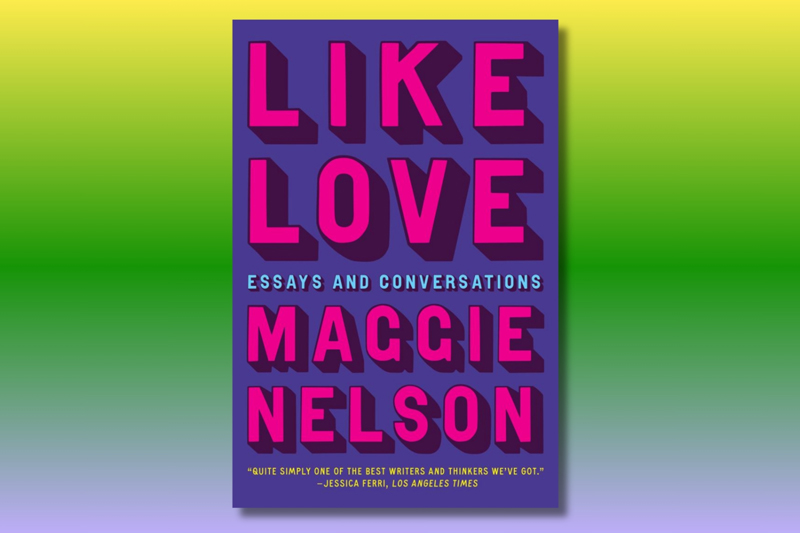
Like Love draws on two decades of Maggie Nelson’s career as a critic of art in all its forms. The collection of previously published work, arranged in chronological order, includes essays on, tributes to, and conversations with creatives the author deeply admires: musician Björk, poet Eileen Myles, fine artist Kara Walker, the late queer theorist Eve Kosofsky Sedgwick, novelist Ben Lerner, philosopher Judith Butler, and writer and theater critic Hilton Als, whose words inspired the book’s title. When examining the art she loves, Nelson uses incisive and analytical prose, but her scholarly style doesn’t take away from the joy she feels for the work. “Words aren’t just what’s left,” she writes of why we need criticism. “They’re what we have to offer.”
Buy Now: Like Love on Bookshop | Amazon
Table for Two, Amor Towles (April 2)
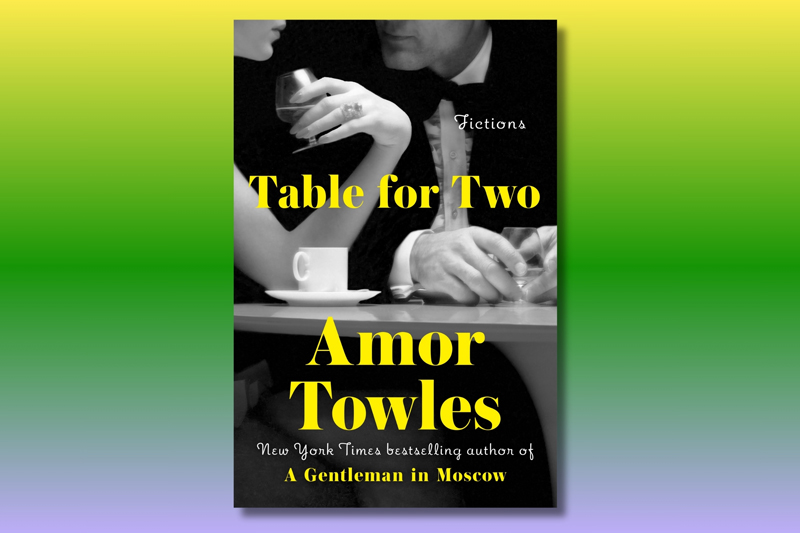
Amor Towles’ Table For Two is an intimate collection of six short stories that take place in early 2000s New York, and a 1930s Hollywood-set novella that picks up where his 2011 debut, Rules of Civility, left off. The book, which was written while he was meant to be working on his fourth novel, focuses on brief but fateful encounters between strangers, would-be business partners, and estranged relatives. Most of these conversations take place at a table set for two, the perfect place to share a tête-à-tête about forgery or bootlegging or even the blackmailing of screen legend Olivia de Havilland. Table For Two is a smorgasbord of deliciously mischievous tales imbued with Towles’ signature wit and worldliness.
Buy Now: Table for Two on Bookshop | Amazon
The House of Being, Natasha Trethewey (April 9)
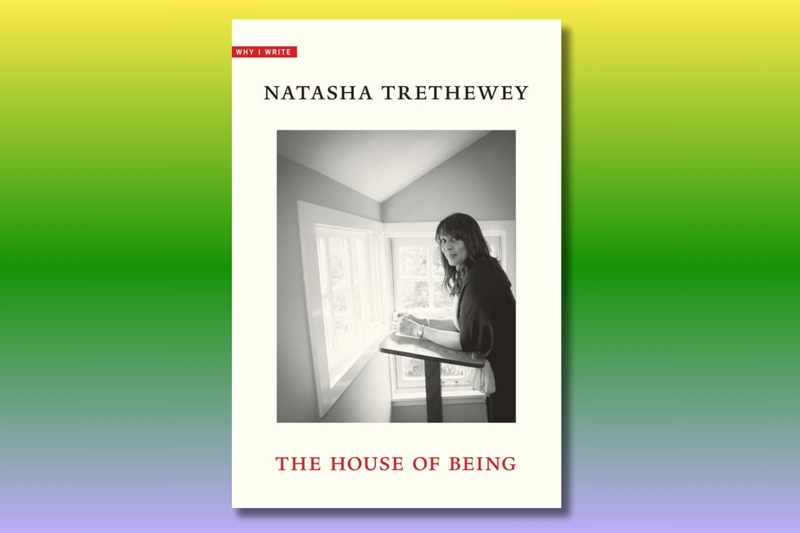
In The House of Being, which was originally delivered as a 2022 prize lecture at Yale University, Pulitzer Prize winner Natasha Trethewey takes readers back to her grandmother’s home outside of Gulfport, Miss., where the author learned to read and write. It was there that her neighbors flew Confederate flags with pride, and her late mother—whose death at the hands of her ex-husband was the focus of Trethewey’s best-selling 2020 memoir, Memorial Drive—took to singing “Lift Every Voice and Sing” any time she passed one. It was also where, Trethewey would later learn, formerly enslaved men and women were educated after the Civil War, their stories lost to time because they had not been written down. With The House of Being, Trethewey doesn’t just explore the reasons why she writes. She also offers a compassionate argument for why we must all be the authors of our own stories.
Buy Now: The House of Being on Bookshop | Amazon
One of Us Knows, Alyssa Cole (April 16)
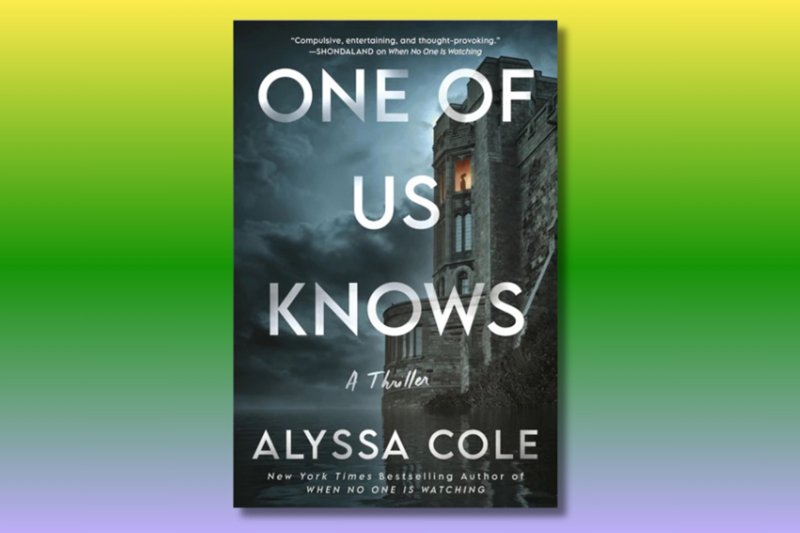
Best-selling author Alyssa Cole’s latest novel, One of Us Knows, is a paranoia-filled murder mystery full of twists and turns. Preservationist Kenetria “Ken” Nash has taken a job as the caretaker of a gothic castle on a remote island on the Hudson River in the hopes of getting back on her feet. For the last six years, Ken has struggled with dissociative identity disorder, which causes her to, without much warning, “switch” between multiple identities. Lately, Ken has found it harder to keep her “headmates”—precocious toddler Keke, judgy perfectionist Della, and the sophisticated Solomon, to name a few—in check. When a man from Ken’s past is found dead in the historic home, she must enlist her headmates’ help in hopes of clearing her name, all the while knowing she could be the killer she is looking for.
Buy Now: One of Us Knows on Bookshop | Amazon
Knife, Salman Rushdie (April 16)
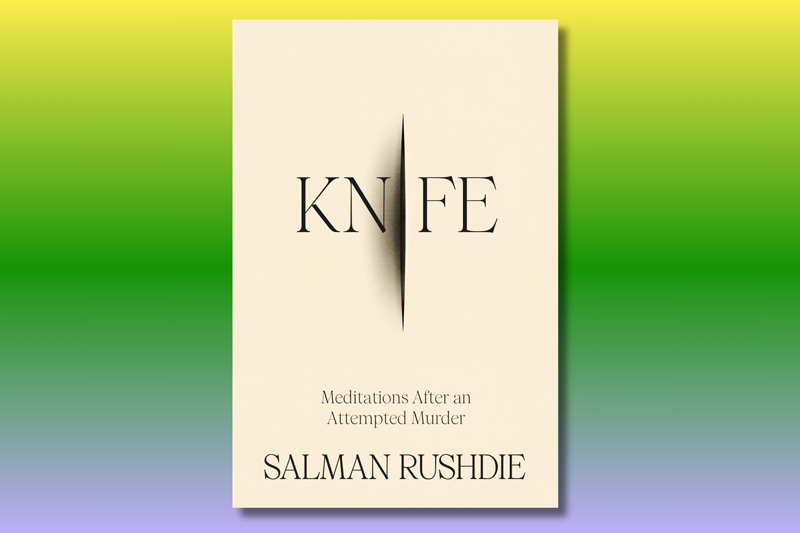
On Aug. 12, 2022, Salman Rushdie was stabbed nearly 10 times while at a speaking engagement in western New York. With his new memoir, Knife, Rushdie writes about the violent attack that left him with PTSD, limited mobility in his left hand, and the loss of sight in his right eye, offering an intimate and often harrowing account of what happened that day and what life has been like for him since. (The trial for Rushdie’s alleged attacker, who has been charged with attempted murder, has been postponed due to the release of this book, since it can serve as potential evidence.) Rushdie has said that writing Knife was an important step in the healing process. “This was a necessary book for me to write,” he said in a statement. “A way to take charge of what happened, and to answer violence with art.”
Buy Now: Knife on Bookshop | Amazon
I Just Keep Talking, Nell Irvin Painter (April 23)
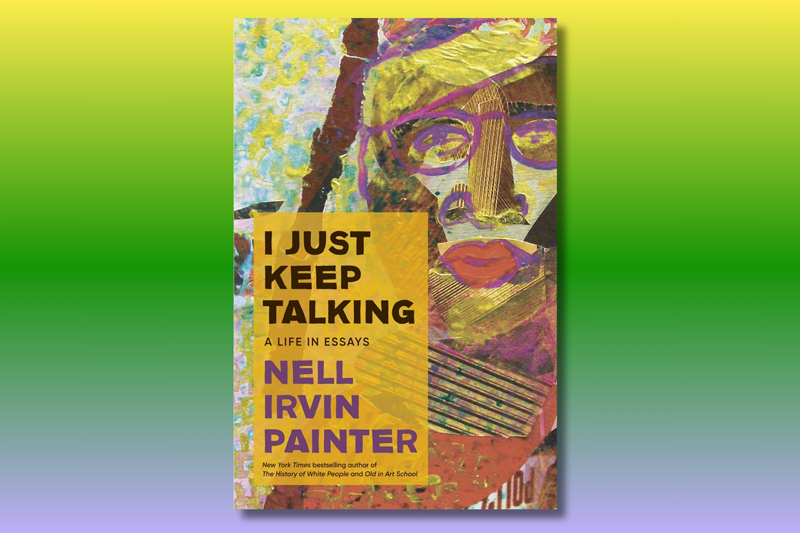
For the past five decades, acclaimed writer, artist, historian, and critic Nell Irvin Painter’s work has felt ahead of its time. I Just Keep Talking, a decades-spanning collection of more than 40 of her previously published essays, shows just how prescient her work really was. The anthology includes a 1982 essay on the effect white educators’ reluctance to teach Black resistance would have on how the history of slavery is taught in America. In other pieces, she examines how Spike Lee’s film Malcolm X reinvented the activist and breaks down the gender and racial stereotypes that hurt Anita Hill’s case against Clarence Thomas during his 1991 Supreme Court confirmation hearing. A more recent essay from 2022 offers a strong warning to Democrats: If you “jettison voting rights in order to court white voters without college degrees,” she writes, you’ll risk repeating the mistakes of Reconstruction. This insightful anthology shows why Painter, now 81 years old, is still one of the most important voices in America.
Buy Now:I Just Keep Talking on Bookshop | Amazon
Lucky, Jane Smiley (April 23)
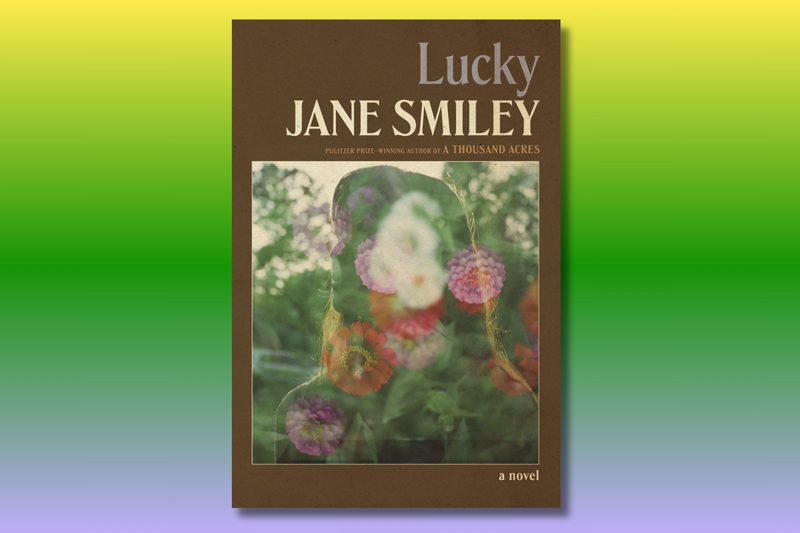
As the title of Pulitzer Prize-winning author Jane Smiley’s coming-of-age novel Lucky implies, protagonist Jodie Rattler has always been more fortunate than most. While attending college at Penn State in the 1960s, Jodie decides she’d like to become a folk singer, so she records a song that becomes a surprise hit. She soon finds herself living like a true bohemian, recording an album in New York, touring the country, and earning comparisons to musical luminaries like Joan Baez and Joni Mitchell. But as the pressure builds for her to leave school and focus on her music career full time, she finds herself questioning her future. Lucky offers a tender look at one young woman’s journey to understand who she has become and who she’d like to be when she finally grows up.
Buy Now: Lucky on Bookshop | Amazon
The Demon of Unrest, Erik Larson (April 30)
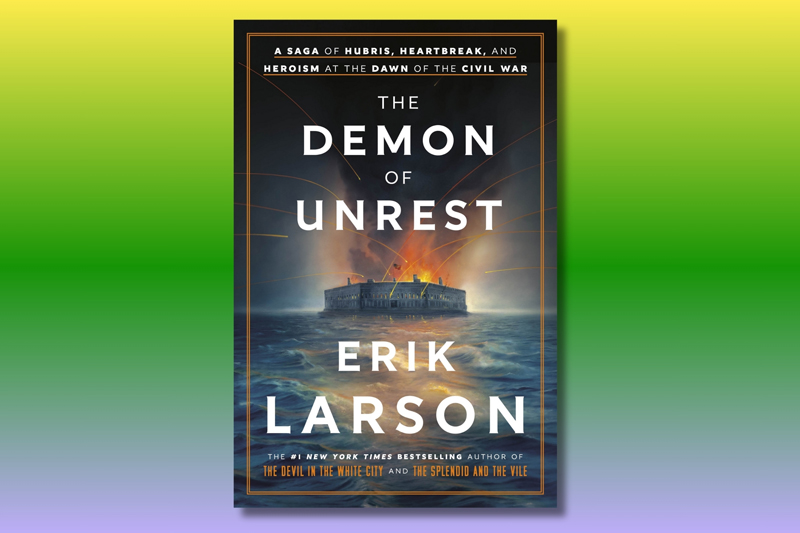
After tackling World War II by focusing on Winston Churchill’s leadership during the Blitz with The Splendid and the Vile, one of TIME’s best books of 2020, Erik Larson returns with a historical nonfiction thriller set before the start of the U.S. Civil War. The Demon of Unrest looks at the chaotic five-month period between the November 1860 election of President Abraham Lincoln and the April 1861 surrender of Fort Sumter, which marked the official beginning of the war. Using journals, slave ledgers, plantation records, and secret correspondence, Larson offers an intriguing look at a young country on the brink of collapse. He reexamines the lead-up to the four-year conflict by putting the focus not only on the rebellion’s major players, but also on those on the periphery: Maj. Robert Anderson, the Union commander at Fort Sumter, Edmund Ruffin, an agricultural reformer and ardent secessionist, James H. Hammond, a senator and wealthy plantation owner from South Carolina, and Mary Boykin Chesnut, the wealthy wife of a lawyer and senator whose diary became an invaluable resource for the author.
More Must-Reads from TIME
- Why Biden Dropped Out
- Ukraine’s Plan to Survive Trump
- The Rise of a New Kind of Parenting Guru
- The Chaos and Commotion of the RNC in Photos
- Why We All Have a Stake in Twisters’ Success
- 8 Eating Habits That Actually Improve Your Sleep
- Welcome to the Noah Lyles Olympics
- Get Our Paris Olympics Newsletter in Your Inbox
Contact us at letters@time.com